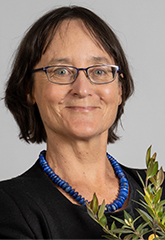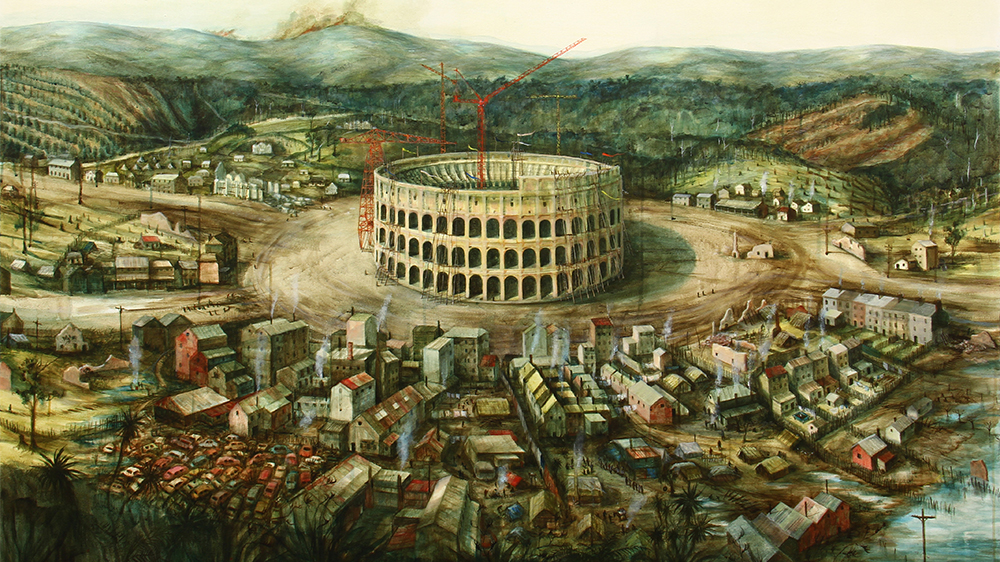This seminar will take place during a gathering of researchers from the research centre Include. You can attend it as a webinar, using Zoom.
Sign up and get the webinar link
Established patterns of production and consumption are driving the human species towards self-destruction, or at the very least to a future of inequitable deprivation between nations, groups and individuals. As researchers we tend to see the sustainability crisis reductively, reflecting our academic training – seeing it for example as an emissions reduction issue, or a water shortage issue, or a health issue – but fundamentally they all have the same cause. As the UN Secretary General recently stated, humanity is ‘waging war on nature’.
Janet Stephenson uses a cultural framing to help expose the causes of the sustainability crisis, and the role of culture in resisting change. She shows how culture operates structurally to replicate the status quo and constrain change in those who are less powerful. At the same time, cultures offer a deep reservoir of possibilities for different ways of living in the world. Seeing the world culturally brings new insights into the potential for transformational change.
 Janet Stephenson is a research professor at the Centre for Sustainability, an interdisciplinary research centre at the University of Otago, New Zealand. A social scientist, she is interested in the challenges of transitioning to a sustainable future and the influence of culture in seemingly intractable problems. Much of her research in recent years has focused on energy and transport issues as well as the challenges of climate change adaptation for place-based communities. Her recent book Culture and Sustainability draws on one-and-a-half decades of research to offer theoretical and analytical insights into the role of culture in sustainability transitions.
Janet Stephenson is a research professor at the Centre for Sustainability, an interdisciplinary research centre at the University of Otago, New Zealand. A social scientist, she is interested in the challenges of transitioning to a sustainable future and the influence of culture in seemingly intractable problems. Much of her research in recent years has focused on energy and transport issues as well as the challenges of climate change adaptation for place-based communities. Her recent book Culture and Sustainability draws on one-and-a-half decades of research to offer theoretical and analytical insights into the role of culture in sustainability transitions.
